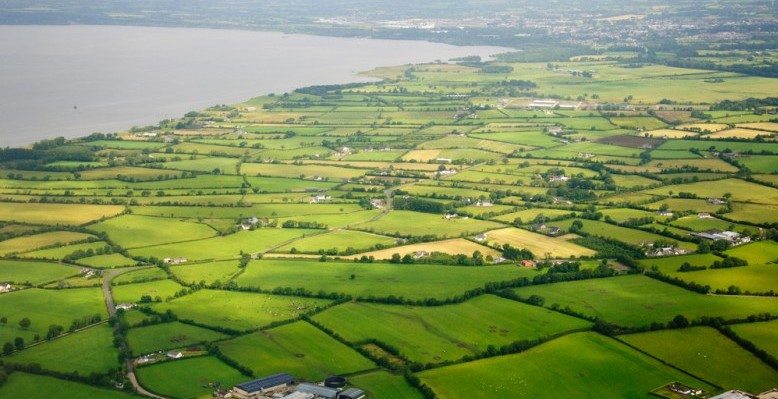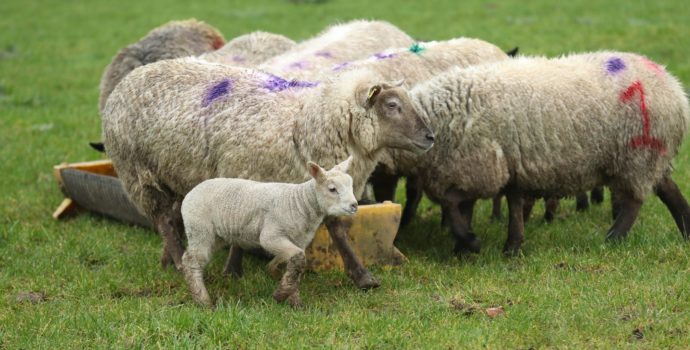Teagasc Report Highlights Negative Impact of Bad Weather and Farm Scheme Cuts on Farm Incomes

Commenting on today’s publication of the Teagasc National Farm Income figures for 2012, IFA President John Bryan said that the main reasons for the drop of 15% in average farm income were the dreadful weather conditions, and the impact of continued cuts by Government to farm schemes.
“The implications of this ongoing disastrous weather event will be that farm incomes will be hit further this year. Without an immediate and prolonged improvement in the weather, many farmers will be facing an income crisis later this year.”
John Bryan said, “The overall fall of 15% in incomes last year represented a serious hit to farm viability, in a year when output prices were quite strong. Due to the dreadful weather experienced in the second half of the year, input costs soared, with a combination of increased feed costs and feed usage. This was particularly felt in the dairy sector, which experienced a drop in income of 24%”.
“In the cattle sector, although prices were strong in 2012, there was still a fall in income overall because of higher input costs. Another contributing factor to this was the reduction in Direct Payments.”
Mr Bryan said, “The importance of Direct Payments for farm incomes and production was recently highlighted in the IFA report on the Importance of the Cattle and Sheep sectors to the Irish Economy. The cattle and sheep sectors have been disproportionately hit by the cuts to farm schemes over recent budgets, including the closure of REPS and the reduction in Disadvantaged Areas payments. In 2013, the short-sighted closure of the Suckler Cow scheme and further reductions in REPS and Disadvantaged Areas payments will have a further negative impact on farm incomes”.
Mr Bryan concluded, “It is critical that the policy decisions taken by the Minister for Agriculture in the coming months do not do any further damage to farm incomes and viability. This means delivery of a CAP reform that underpins agricultural income and production, and the retention of funding for farm schemes in Budget 2014, along with taxation measures that support farm restructuring and investment”.




